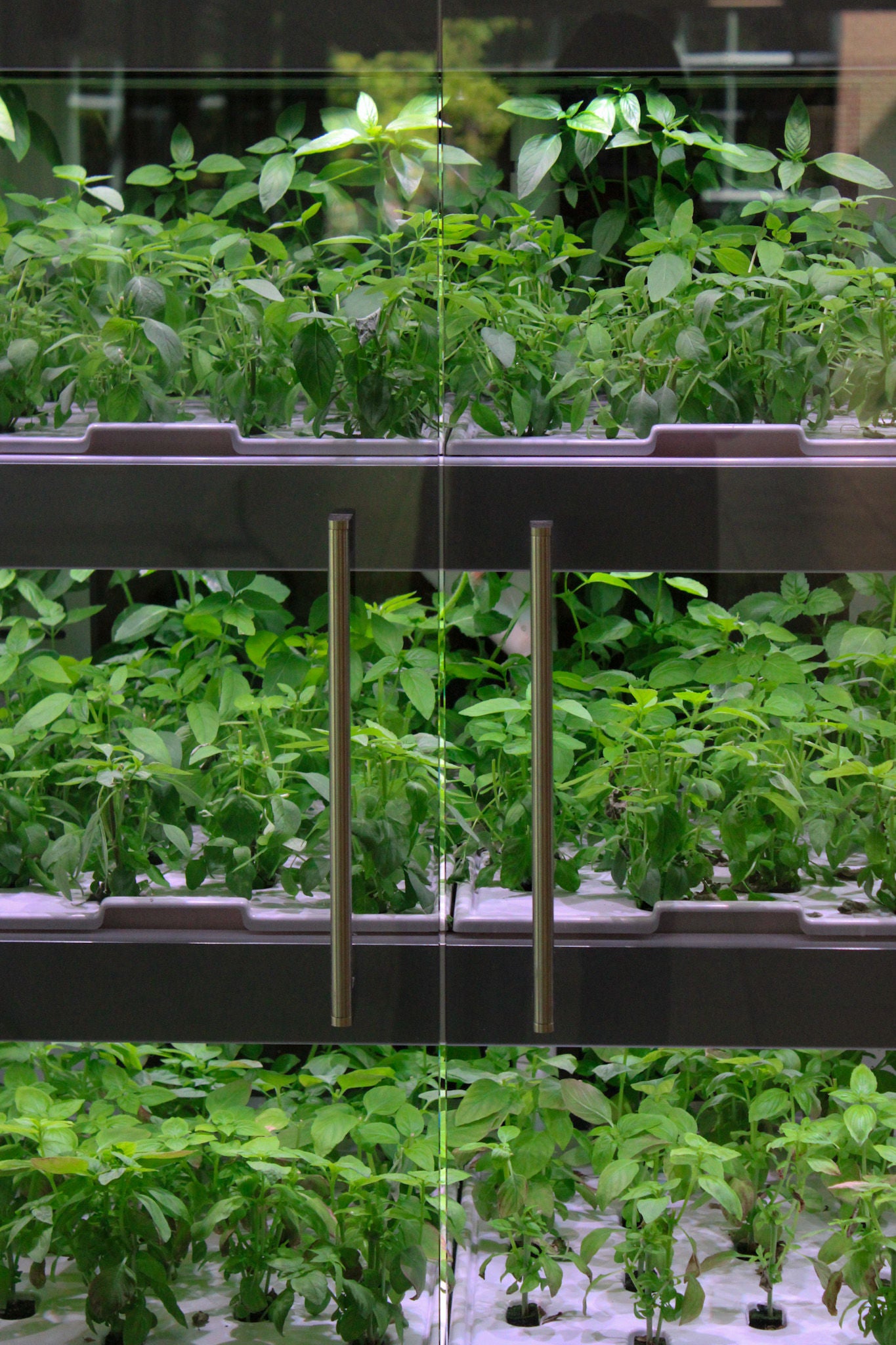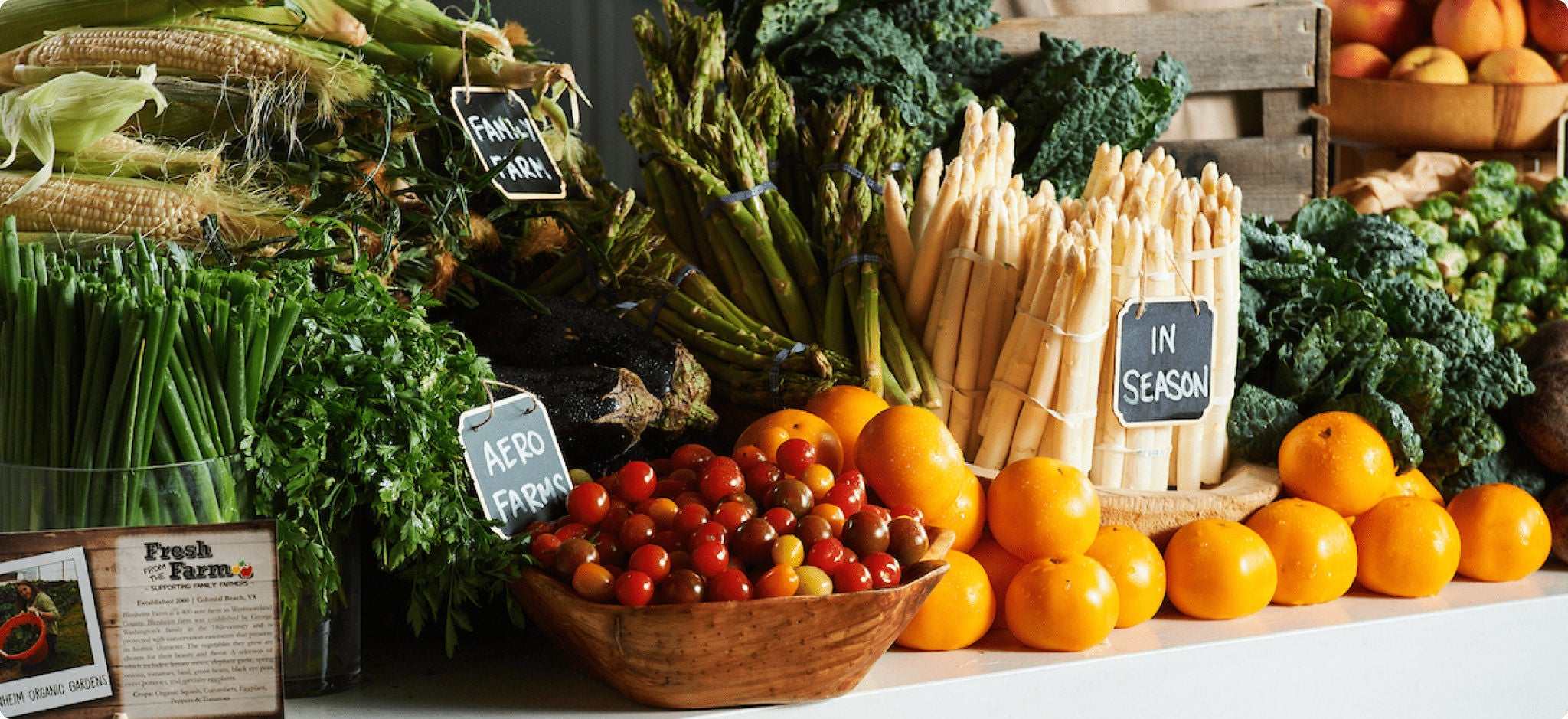Sustainability Initiatives
We don’t just talk about sustainability - we take action. Check out some of the ways we're reducing our environmental impact and creating a positive impact on our community.
Working Toward Zero Waste
We proudly support sustainability goals. Here are a few active initiatives.
Robust Recycling
We recycle cardboard, metal, paper, glass, and accepted plastic products, and we recycle uncommon items—such as batteries and printer cartridges—wherever possible.
Collaborative Composting
We work with our composting partner to collect organic materials—including food waste and compostable service items such as napkins and wooden stir sticks—to be composted into useable, nutrient-rich soil amendments.
Proactive Prevention
We use tracking and forecasting tools to proactively identify food waste trends in order to alter our preparation accordingly.
Your Choices Can Make a Daily Impact
Our goal is to make it easy to offer you nutritious, environmentally, and socially conscious options wherever possible.
Ways SVSU Dining Services has Gone Green

Hidden Harvest
We also partner with the local non-profit Hidden Harvest to rescue and redistribute surplus food that would otherwise be thrown away. Through this partnership, we’re able to support hunger relief efforts in the community while reducing food waste on campus.

Food Donation
Dining Services regularly donates leftover meals to the Cardinal Food Pantry, along with other perishable and non-perishable items that are nearing expiration or no longer needed. This helps ensure that good food goes to students in need rather than going to waste.

Babylon Micro-Farm
Our Micro-Farm uses a hydroponic growing system that reduces water and fertilizer use while eliminating the need for pesticides and long-distance transportation. Fresh greens are harvested just steps away from where they’re served, providing students with the most sustainable, local produce possible.






